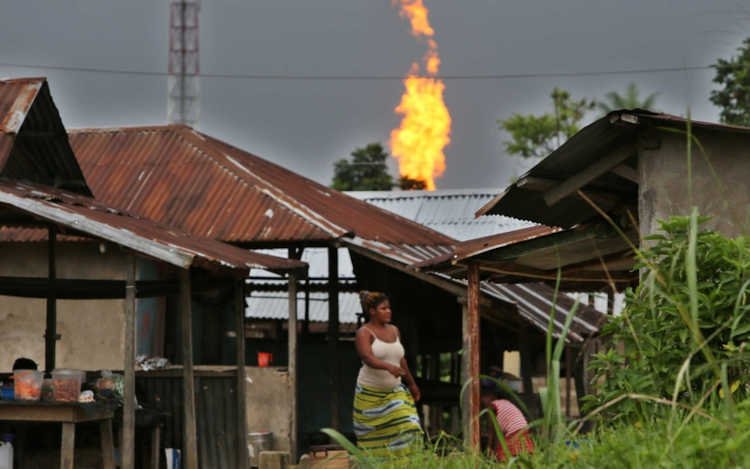The Nigerian government faces a crucial decision regarding the sale of Shell Petroleum Development Company (SPDC), as it carries significant human rights implications for the Niger Delta.
Development Diaries reports that Amnesty International, alongside other civil society organisations (CSOs), in an open letter to the Nigerian industry regulator, said the sale of SPDC to Renaissance Africa Energy should not be allowed to proceed unless the environmental pollution caused by SPDC has been fully assessed.
The letter also demanded that sufficient funds be provided by SPDC to guarantee the covering of clean-up costs, and the consultation of local communities.
It is understood that human rights violations in the Niger Delta could get worse if Shell’s onshore oil business is sold, according to findings by Amnesty International.
Shell’s operations in the Niger Delta have been marred by a history of human rights abuses, including environmental degradation, forced evictions, and suppression of dissent.
These violations have had devastating consequences for the indigenous communities, who have suffered from pollution, loss of livelihoods, and health problems.
Despite numerous allegations of human rights abuses against Shell, there has been a lack of accountability for these violations.
Nigeria is a signatory to various international human rights treaties and conventions, including the Universal Declaration of Human Rights and the International Covenant on Civil and Political Rights.
As such, the government has a legal obligation to protect the human rights of its citizens, including those affected by the activities of multinational corporations like Shell.
Also, the United Nations Sustainable Development Goals (SDGs) call for inclusive and sustainable economic growth, social development, and environmental protection.
Allowing Shell to leave the Niger Delta without addressing the human rights concerns associated with its operations would run counter to these goals and undermine efforts to achieve sustainable development in the region.
According to the concerned CSOs, similar past transactions in Nigeria have occasionally caused long-term harm to residents in polluted communities because the buyers have occasionally lacked the funds necessary to properly maintain the infrastructure or even just ceased operating entirely.
To this end, Development Diaries calls on the Ministry of Petroleum under President Bola Tinubu to prioritise the protection of human rights in the Niger Delta by halting Shell’s sale of its business unless stringent measures are put in place to address past abuses and prevent future violations.
Failure to do so would not only perpetuate injustice and suffering in the region but also undermine the government’s credibility and commitment to upholding human rights and the rule of law.
Source: Amnesty International
Photo source: Oxfam





